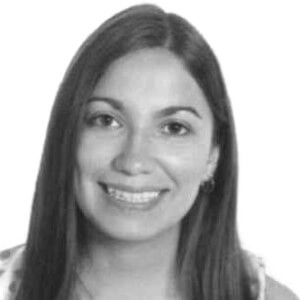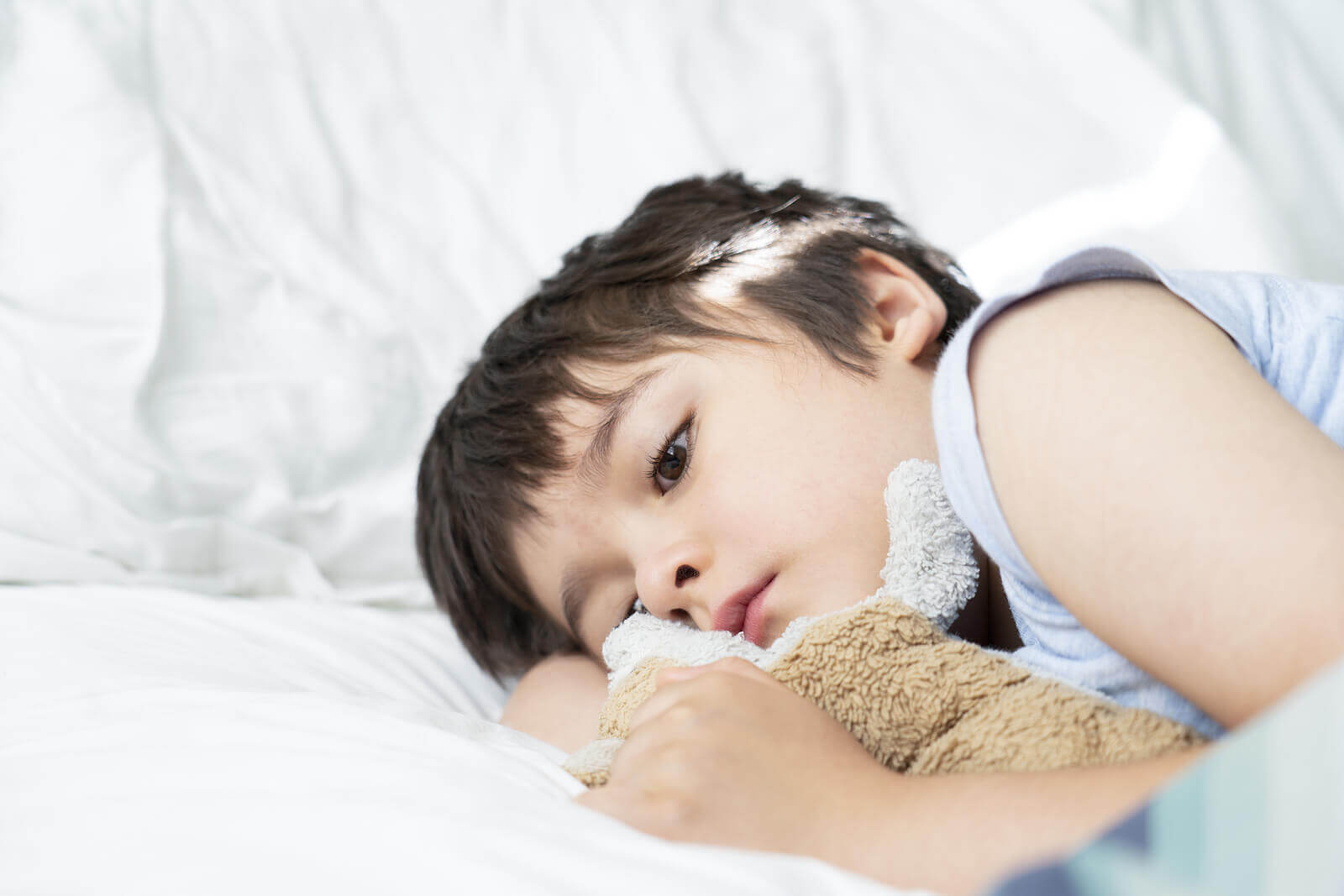How Mental Fatigue Affects Children


Written and verified by the psychologist Ana Couñago
You’ve probably heard of burnout, the common problem of adults experiencing feelings of exhaustion, fatigue, and frustration from overwork. But did you know that children can also suffer from this same mental fatigue?
This can occur when children are subjected to very high levels of stress or when they’re given too many tasks, responsibilities, or duties to perform on a daily basis, regardless of the developmental period they’re in.
Children need time for leisure and enjoyment. If not, then mental fatigue will set in, and will significantly affect the child’s development. Would you like to get to know more about this subject? In that case, read on!

What’s mental fatigue and how does it affect children?
Mental fatigue is a state of continuous and intense psychological exhaustion that can appear in children in different ways. Some of the most common symptoms are as follows:
- Displays of frustration, irritability and distress
- A bad mood
- Apathy and lack of motivation
- Low self-concept and poor self-esteem
- Low levels of concentration
- Engaging in aggressive or avoidance behavior
- Experiencing anxiety episodes
- The tendency to develop somatic, emotional or behavioral disorders
- The tendency to develop sleep-related problems
Normally, children’s mental fatigue is related to their studies, as this is the area where they can feel more pressure and demands, both from teachers and their own families. And, as is to be expected, the symptoms caused by mental fatigue can affect children’s school performance very negatively.
In addition, mental fatigue can also affect a child’s social development, as they may not have the strength, desire, or time to interact with their peers.
Which children are most likely to suffer from it?
Some children are more likely to suffer from mental fatigue than others due to a number of factors or characteristics that make them more vulnerable. In particular, we’re talking here about children who:
- Are anxious
- Have learning difficulties
- Have attention deficit
- Show behavioral problems
- Show a lack of interest in their surroundings
- Are perfectionists and even obsessive
How to avoid mental fatigue in childhood?
To avoid mental fatigue in childhood, adults need to give the children responsibilities in a measured way, and according to the child’s age and stage of development.

What we mean here is that, when assigning them tasks, either at home or at school, you need to take into account how demanding they are for the children. It’s good for them to have to make an effort to fulfill their obligations, but you should always establish limits and make sure that these tasks don’t occupy practically all the free time that the children have.
After all, children are children and, as mothers, fathers or educators, we must allow them to enjoy a full and happy childhood in which they can play, do hobbies, rest, and share time with their friends.
In fact, as the American clinical psychologist and writer Kay Redfield Jamison states
“Children need freedom and time to play. Play is not a luxury. Play is a necessity.”
However, it seems that today’s society has forgotten this, as many children are faced with a deluge of homework and extracurricular activities one afternoon after another. They often don’t seem to be able to enjoy some peace and quiet, just to do what they want and give their minds a rest and change of routine.
For this reason, before deciding how your children should spend their time, it’s good to keep in mind the following words from Frederick Douglas:
“It is easier to build strong children than to repair broken adults.”
You’ve probably heard of burnout, the common problem of adults experiencing feelings of exhaustion, fatigue, and frustration from overwork. But did you know that children can also suffer from this same mental fatigue?
This can occur when children are subjected to very high levels of stress or when they’re given too many tasks, responsibilities, or duties to perform on a daily basis, regardless of the developmental period they’re in.
Children need time for leisure and enjoyment. If not, then mental fatigue will set in, and will significantly affect the child’s development. Would you like to get to know more about this subject? In that case, read on!

What’s mental fatigue and how does it affect children?
Mental fatigue is a state of continuous and intense psychological exhaustion that can appear in children in different ways. Some of the most common symptoms are as follows:
- Displays of frustration, irritability and distress
- A bad mood
- Apathy and lack of motivation
- Low self-concept and poor self-esteem
- Low levels of concentration
- Engaging in aggressive or avoidance behavior
- Experiencing anxiety episodes
- The tendency to develop somatic, emotional or behavioral disorders
- The tendency to develop sleep-related problems
Normally, children’s mental fatigue is related to their studies, as this is the area where they can feel more pressure and demands, both from teachers and their own families. And, as is to be expected, the symptoms caused by mental fatigue can affect children’s school performance very negatively.
In addition, mental fatigue can also affect a child’s social development, as they may not have the strength, desire, or time to interact with their peers.
Which children are most likely to suffer from it?
Some children are more likely to suffer from mental fatigue than others due to a number of factors or characteristics that make them more vulnerable. In particular, we’re talking here about children who:
- Are anxious
- Have learning difficulties
- Have attention deficit
- Show behavioral problems
- Show a lack of interest in their surroundings
- Are perfectionists and even obsessive
How to avoid mental fatigue in childhood?
To avoid mental fatigue in childhood, adults need to give the children responsibilities in a measured way, and according to the child’s age and stage of development.

What we mean here is that, when assigning them tasks, either at home or at school, you need to take into account how demanding they are for the children. It’s good for them to have to make an effort to fulfill their obligations, but you should always establish limits and make sure that these tasks don’t occupy practically all the free time that the children have.
After all, children are children and, as mothers, fathers or educators, we must allow them to enjoy a full and happy childhood in which they can play, do hobbies, rest, and share time with their friends.
In fact, as the American clinical psychologist and writer Kay Redfield Jamison states
“Children need freedom and time to play. Play is not a luxury. Play is a necessity.”
However, it seems that today’s society has forgotten this, as many children are faced with a deluge of homework and extracurricular activities one afternoon after another. They often don’t seem to be able to enjoy some peace and quiet, just to do what they want and give their minds a rest and change of routine.
For this reason, before deciding how your children should spend their time, it’s good to keep in mind the following words from Frederick Douglas:
“It is easier to build strong children than to repair broken adults.”
All cited sources were thoroughly reviewed by our team to ensure their quality, reliability, currency, and validity. The bibliography of this article was considered reliable and of academic or scientific accuracy.
- Garcés de Los Fayos, E. J. (1995). Bornout en niños y adolescentes: un nuevo síndrome en psicopatología infantil. Psicothema, 7(1), 33-40.
This text is provided for informational purposes only and does not replace consultation with a professional. If in doubt, consult your specialist.








